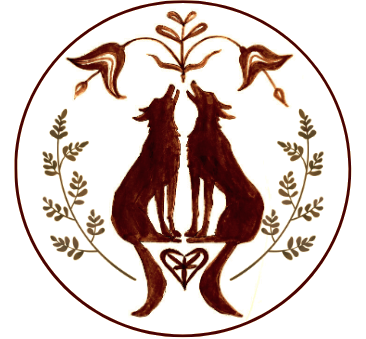Conceptualizing Disease
/As a practitioner of Chinese Medicine, I am commonly asked why someone would come in and see an acupuncturist rather than their primary care physician. There is an inherent skepticism in this query which is completely natural given the sociological climate in which we live, and thus in dedicating myself to learning this medicine and aligning with the forces of nature that are constitutionally found in all living beings, I have also taken on the considerable philosophical commitment to redefine this question. What is acupuncture and how does it work, or more specifically, can acupuncture be used to treat my disease?
This question, while simple enough in it’s intention is derived from an ideology that exists to push forward in a linear dimension while correcting and repairing the things that break along the way. Chinese medicine was cultivated in a tradition that continually redefines itself in the present and attempts to align the individual with the energetic resonance that exists between heaven and earth (breath and substance). Therefore, asking whether a labeled illness, given by a system of medicine that aims to combat disease by using remedies which restrain or neutralize symptoms, will be cured by way of Chinese medicine is intrinsically flawed. It is akin to trying to rent ice skates at a bowling alley; both sports are inherently complete in and of themselves and have unique value. This is not to say that the possibility of uniting the forces indigenous to each does not exist (in the ice skating/bowling metaphor this would be the Canadian sport of curling?) it is an ever growing modality that is labeled traditional Chinese medicine. Though given the epithet ‘traditional’, TCM strives to serve the contemporary scientific language of allopathic medicine. In the practice of Five Element acupuncture, a more historical approach, diagnosis is attained through the lens of seeing the person as they are in their most balanced and whole state, and treating them by way of rectifying any qi imbalance keeping them from being so. Acupuncture addresses the symptom by looking at the individual who is presenting with that imbalance and considering the pattern or series of patterns that led up to the lack of equilibrium that they are experiencing. Often, unless the patient is a child or has a very acute symptom, the pattern has become a very practiced way of being in the world and may take a significant amount of redefining to rectify the proper flow of qi. Ultimately the most important tenet of five element acupuncture is to return a person to the unique individual that they are, standing in alignment between heaven and earth. This is accomplished by seeing them as already whole, rather than by defining them by what has gone wrong along the way.





















